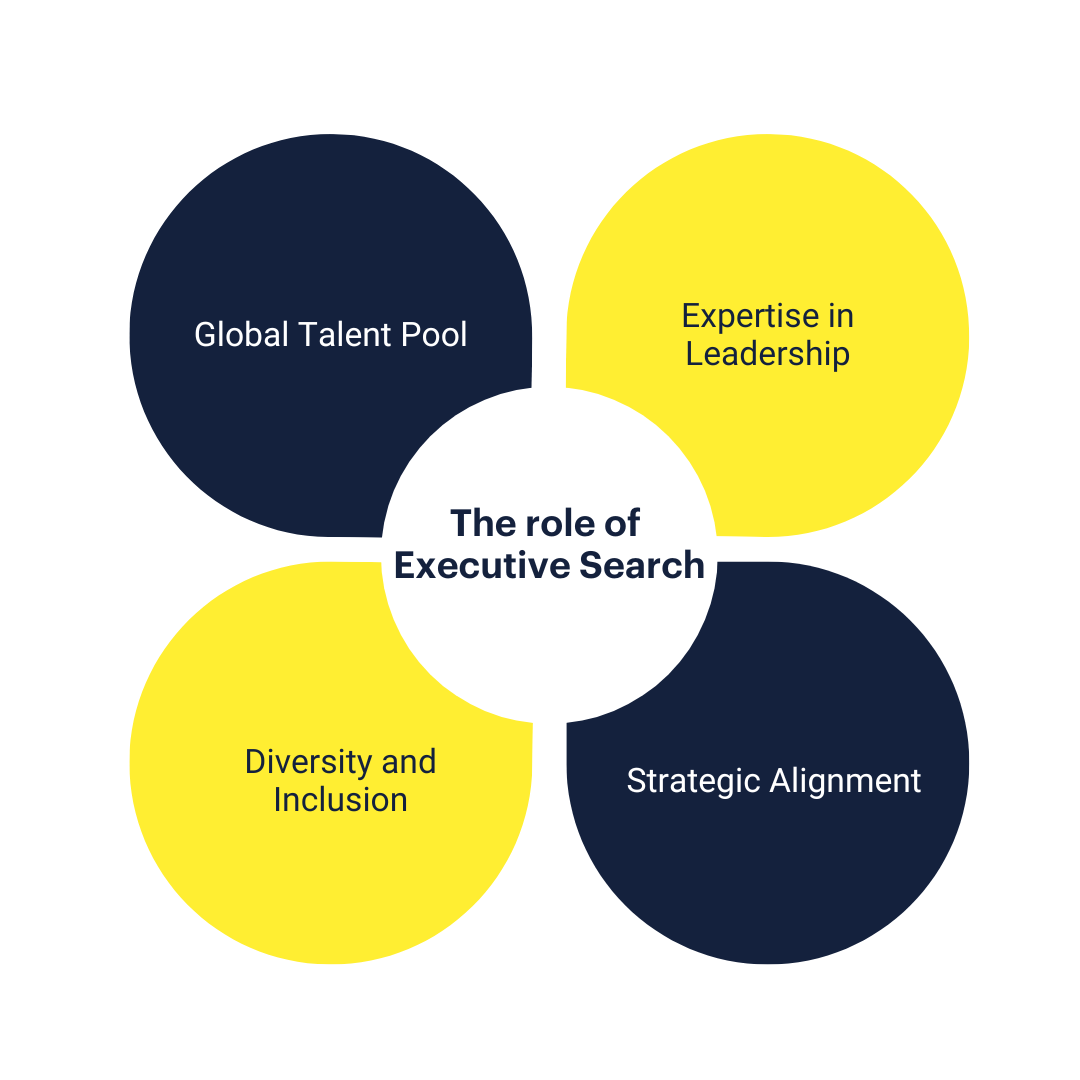Portugal’s lifesciences and healthcare sector has witnessed significant growth in healrecent years, driven by both domestic and international investment. Portugal is facing economic challenges in 2024 as a result of moving globally more towards integration which is affecting several sectors including healthcare and lifesciences. High inflation, increased health costs, and a complicated regulation system have also contributed to the strain on the sector. According to the Portuguese National Institute of Statistics (INE), Portugal’s GDP growth rate is expected to slow to 1.4%, with inflation continuing to strain household and business budgets.
Even with these problems, these sectors in Portugal are still robust. In such a context, the quality of healthcare system in the country is high, because there is good coverage of the hospitals, clinics and health tech start ups. Lisbon has grown into the hub of medical sciences and the pharmaceutical industry. As stated in Portugal Global, these two fields are providing around 8 per cent of the economy in Portugal, and this figure is rising, as the market needs more and more new products.
Key Challenges in Executive Search for Lifesciences and Healthcare
- Talent Shortages and Specialized Skills: A major challenge facing the lifesciences and healthcare sectors in Portugal is the shortage of specialized talent. As the industry becomes more technology-driven, businesses are seeking leaders with expertise in areas like biotechnology, medical devices, digital health, and pharmaceutical R&D. There is a limited pool of executives with the right technical knowledge and experience, which makes finding suitable candidates a time-consuming and complex task.
- Regulatory Complexity: These sectors are heavily regulated, both at the national and international levels. Navigating the regulatory landscape requires executives with deep knowledge of local and global policies, which is challenging to find. Firms need leaders who can ensure compliance while also driving innovation and efficiency.
- Adapting to Digital Transformation: The healthcare and lifesciences sectors are undergoing a profound digital transformation. From telemedicine and AI-driven diagnostics to drug discovery and clinical trials, technology is reshaping every facet of the industry. This creates a demand for executives who can lead these changes while maintaining a focus on patient care and scientific rigor.
How Executive Search Can Address These Challenges
Executive search firms are uniquely positioned to support businesses in the lifesciences and healthcare sectors in overcoming these challenges:
- Access to a Global Talent Pool: Executive search firms have access to a global network of candidates, which allows them to source top talent from around the world. This is crucial for sectors, where specialized skills are often in short supply. By expanding the talent pool beyond Portugal’s borders, executive search firms can help businesses find leaders who can drive innovation and adapt to evolving market conditions.
- Expertise in Leadership Assessment: Selecting the right leaders for complex sectors requires more than just technical expertise. Executive search firms assess candidates’ leadership qualities, strategic vision, and ability to manage teams in high-pressure environments. These qualities are essential in industries that deal with sensitive issues like patient care, medical research, and regulatory compliance.
- Navigating Digital Transformation: As digitalization continues to reshape the th, the need for executives who understand both technology and healthcare delivery is growing. Executive search firms can help identify candidates who not only have experience with digital health technologies but also possess the leadership skills necessary to integrate these innovations into established systems.
- Diversity and Inclusion: With growing emphasis on diversity and inclusion in the healthcare sector, executive search firms can assist in identifying diverse candidates who can bring new perspectives to leadership roles. This can foster innovation and lead to more inclusive decision-making processes, which are essential in creating healthcare systems that meet the needs of diverse populations.

Insights and Stats: Growth in Portugal’s Lifesciences and Healthcare Sector
- Healthcare represents around 8% of Portugal’s GDP, according to Portugal Global, with a steady annual growth rate of 3%.
- The Portuguese pharmaceutical industry has seen substantial growth in recent years, with over €2 billion invested in R&D and innovation in 2023.
- The digital health sector in Portugal is expected to grow by 15% annually, driven by investments in telemedicine, electronic health records, and AI solutions.
Executive search plays a pivotal role in helping businesses in Portugal’s lifesciences and healthcare sectors secure the leadership talent they need to navigate challenges and capitalize on emerging opportunities. With a focus on specialized skills, digital transformation, and regulatory expertise, executive search firms can ensure that organizations are equipped with visionary leaders who can drive innovation and success in this dynamic industry.








